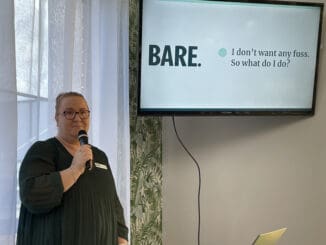
Is your child always struggling to sit in one place? Do you often catch them slumping at the table or desk at school? Do they tire from things easily and lose focus? Are they avoiding sports and playing with other kids at school?
It’s common for these behaviours to be passed off as laziness or boredom. However, they can often mask a genuine underlying issue that deserves more attention – low muscle tone. Also referred to as hypotonia, it simply means reduced muscle tension and strength. Children with low tone may appear “floppy” and struggle with coordination, balance, and muscle strength, making even simple activities feel overwhelming or exhausting.
This can lead to frustration, withdrawal, lack of confidence and willingness to interact with their peers. Approximately 1 in 1,000 children are diagnosed with low tone, however many can go their whole schooling life or even adulthood without a diagnosis. The impact on a child’s musculoskeletal development and academic performance can be significant. Recognizing that these symptoms are not simply behavioural choices but indicators of a real challenge, can help parents take the necessary steps to seek support and ensure their child receives the understanding and intervention they need to thrive.
As a paediatric physiotherapist, my number one goal is to help develop individualised treatment plans that give your child the best quality support. Through targeted play-based activities and exercises, we can help build strength in underactive muscles, which improves overall posture and helps reduce pain. Coordination activities will help children develop better control over their movements, making everyday tasks, sports and play times at school easier and more enjoyable. By gradually increasing endurance, therapy allows kids to participate more actively without excessive fatigue. Most important of all, as children start to see improvements in their physical abilities, their confidence and resilience grow, empowering them to engage more both socially and academically. Providing that supportive environment for children as they grow is just one of my many favourite things about physiotherapy.
As a community, we have a role in supporting our children with low muscle tone. If you suspect your child might be experiencing challenges related to low muscle tone, booking in for a paediatric assessment at Physique is an important first step.
By providing our children with the tools they need to thrive physically and emotionally, we can help them navigate their school years with greater ease and confidence. Together, we can create a supportive community that empowers every child to reach their full potential.



